”Some day, and that day may never come,
I will call upon you to do a service for me“
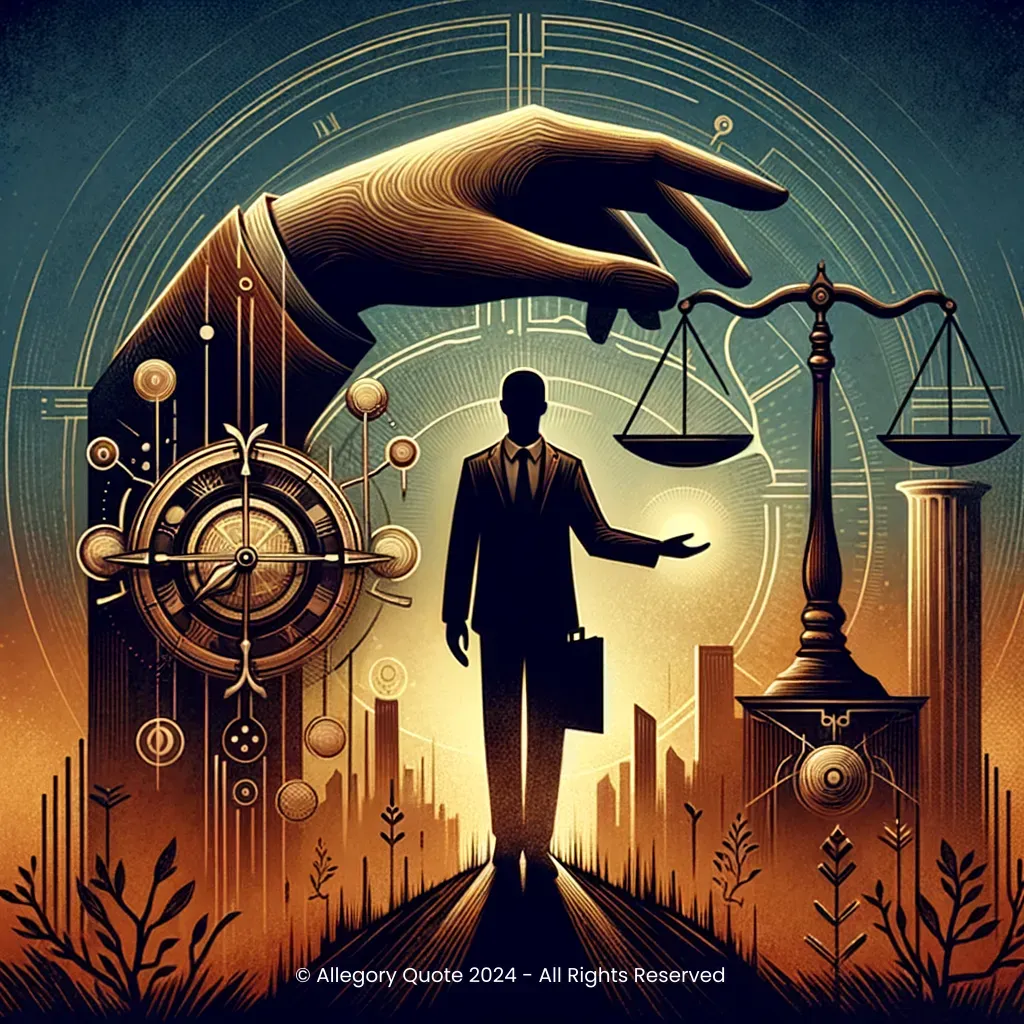
- Meaning
- The phrase expresses themes of loyalty, obligation, and the complexities of favored relationships. Philosophically, it may reflect the idea that one's words or commitments hold weight and that significant favors may emerge unexpectedly in the future. Psychologically, it evokes a sense of anticipation and the burden of expectations that can exist in relationships based on power and influence.
- Allegory
- The image consists of a prominent figure casting a long shadow, symbolizing the weight of expectations and future requests. The outstretched hand represents the idea of a service to be called upon, while the watch signifies the uncertain timing of that request. The scales reflect the moral dimensions inherent in obligations, and the cityscape in the background denotes the complex relationships present in society, all enveloped in warm colors to evoke a sense of trust and pending loyalty.
- Applicability
- This phrase suggests that one should be prepared for future responsibilities or requests, often from those in positions of authority or influence. In personal life, it can be a reminder to consider the implications of promises or influential relationships, and to remain open to reciprocating kindness or favors that may arise unexpectedly.
- Impact
- This phrase has had a significant cultural impact, becoming iconic in its depiction of loyalty and obligation within organized crime circles. It often symbolizes the complexities of business and personal relationships, particularly in contexts where favors are exchanged.
- Historical Context
- The phrase originates from the period when 'The Godfather' was first written and released, primarily the early 1970s. The context includes the rise of organized crime in America and its portrayals in literature and film, capturing the moral dilemmas and power dynamics prevalent at the time.
- Criticisms
- There have been criticisms regarding the normalization of crime and unethical behavior that this phrase can imply. Some argue that it perpetuates a culture of secrecy and obligation that can be harmful. One could refute this argument by emphasizing the broader themes of honor and loyalty that can exist in any close relationship, not limited to organized crime.
- Variations
- Variations of the phrase can be found in other cultures, often reflecting similar themes of obligation and loyalty. For instance, in Japanese culture, similar expressions may emphasize the concept of 'giri', which pertains to social obligations.
-

What’s the matter with you? Is this how you turned out? A Hollywood finocchio that cries like a woman?
-

I have a sentimental weakness for my children, and I spoil them, as you can see.
-
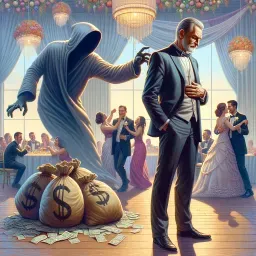
You come into my house on the day my daughter is to be married and you ask me to do murder, for money.
-
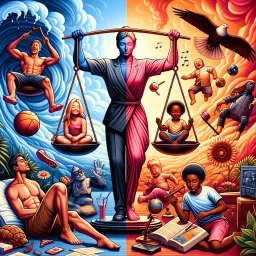
Women and children can be careless, but not men.
-

I believe in America. America has made my fortune.
-

You talk about vengeance. Is vengeance going to bring your son back to you?
-

Fredo, you’re my older brother and I love you. But don’t ever take sides with anyone against the family again.
-

Don’t ever take sides with anyone against the family.
-
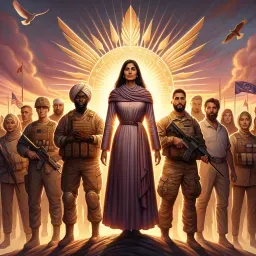
I trust these men with my life, Senator. To ask them to leave would be an insult.
-
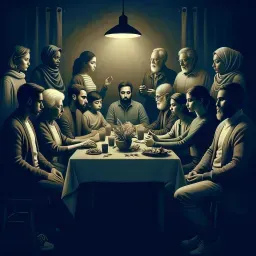
Never tell anybody outside the family what you’re thinking again.
-

I know it was you, Fredo. You broke my heart.
-
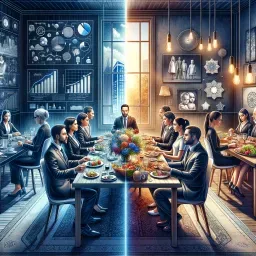
It's not personal, Sonny. It's strictly business.
No Comments